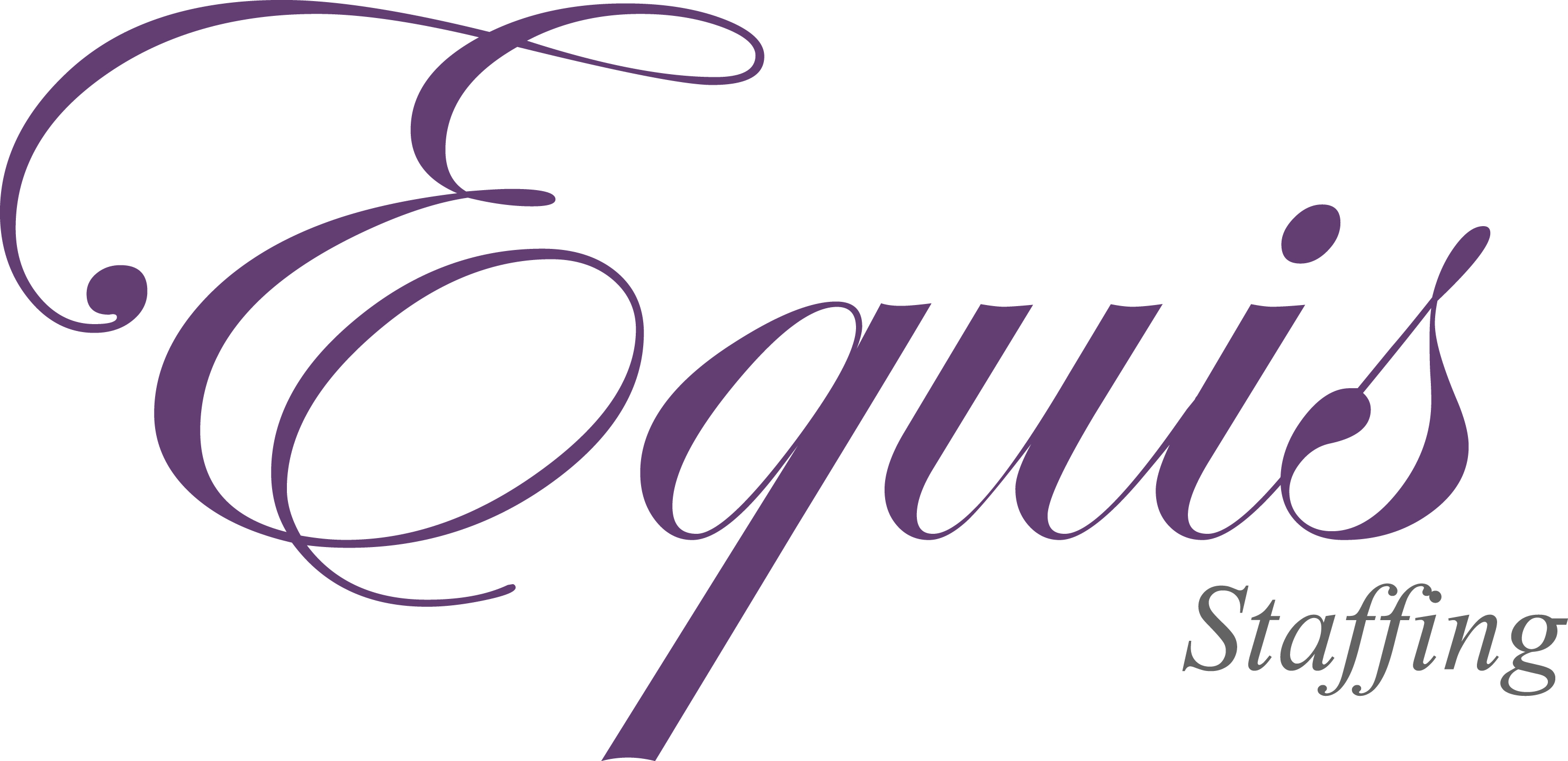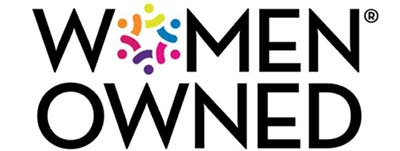Does your organization often struggle to find the "right" hire? If so, you're not alone. Many employers find it difficult to find the perfect candidate – the person that has both the technical qualifications as well as the right personality.
Hiring can be time-consuming, and a lot rides on the process. Has your organization wasted time, resources, and money on the wrong hire? A more efficient hiring process can stop that from happening in the future, but finding high-quality job candidates is not always easy and it can be a challenge to properly evaluate the candidates you do bring in. It's not uncommon for hiring managers to make a few mistakes during the hiring process, such as leaning too heavily on personality when vetting candidates or focusing on "gotcha" questions instead of skills-based ones in interviews.
Are you looking to improve your hiring process? Try these six tips:
Understand the role and the requirements.
The first piece of advice is also the simplest: slow down. Some managers rush to put together a job description and bring candidates in for an interview. Breezing through the process without preparation will only lead to wasted resources. You are probably itching to post your job ad and get the process started, but it's important to take time up front to really think about the position and the requirements. What education would your ideal candidate have? How many years of experience are needed? What knowledge and skills will the candidate need to succeed? Knowing all of this in advance will help you create a more accurate job posting targeted to qualified candidates. Additionally, having this information will also help you when it comes time to determine which candidate is the right fit.
Involve relevant stakeholders.
Don't go through the hiring process alone. Bring internal stakeholders into the process and get their honest feedback about what will be required for the position. What kind of person do they want to work with? Ask them what is missing from the current team and their ideas for how a candidate can fill in some of the gaps. By talking to other people on your team you'll gain a new perspective on the position that you can incorporate into the hiring process. You can also bring your coworkers into the interview process and have them chat with the final candidates to get a better sense of both their personality and aptitude for the position.
Develop an interview process.
All of your interviews for a particular position should follow the same pattern. Will all of your candidates need to fill out a personality questionnaire? Will all candidates need a phone screen before being brought into the office? Ask candidates the same questions – and make sure those questions are related to the key responsibilities of the position. While the interviews you conduct for a Financial Analyst, for example, will be different from the interviews you hold for a Software Engineer, all of the Financial Analyst interviews should be similar to each other (and vice versa for the Software Engineer role). For instance, you might ask all of the Financial Analyst candidates a question like, "What is your process for creating month-end sales reports?" You can work with your team to develop a set of questions that really gets to the heart of the role and will help you identify strong candidates. The process should be uniform and detailed.
Don't forget about personality.
When you're hiring, remember that you will likely have to spend every day with the person you're bringing on. Do they mesh with the office? What is their personality? Ask questions to help you get a sense of who the candidate is and how they prefer to work. Will their working style fit in your organization? Remember to ask follow-up questions to get more information, especially if you find an answer to be confusing or even potentially off-putting.
You also shouldn't be afraid to speak about the company culture and the "personality" of the office when talking with candidates. A cultural fit is just as important as a skill fit; you want to be sure the candidate will flourish in your office.
One note of caution: don't hire a candidate simply because you like their personality. It's likely that you need a specific skill set for the position, so it's more important to vet candidates for skills first and personality second. Technical skill should always be top of mind during the interview process. A candidate might be able to learn how to navigate the social atmosphere of your office over time, but they won't be able to learn the technical skills (ex. writing or coding) that you need from them on day one.
Assess soft skills.
Yes, you need to be sure that the candidate's skill set and work experience matches up with the position, but you also need to assess whether or not a candidate has the social intelligence necessary to succeed in the role. Soft skills such as attention to detail, sense of urgency, and strong organization can be particularly important in certain positions. A candidate that performs their job well but offends clients may not be the best choice for an outward-facing role, for example. Ask questions to determine if the candidate is able to navigate the unique situations that occur within your organization.
Partner with a staffing firm.
The hiring process can be overwhelming and even time-consuming. It can be especially challenging if you have a small team, have an extremely busy workforce, or don't have subject matter experts on staff to properly identify skilled candidates. Working with a staffing firm can eliminate many of these hiring woes while making the overall process more efficient and employer-friendly. A specialized staffing firm will also intimately understand best practices and be in-tune with the latest developments in your industry in order to identify and vet the best candidates.
Additionally, partnering with a staffing firm blends the best of both worlds with regard to hiring for both technical skill and company culture match. When you work with a staffing agency, the recruiter you work with will gain a deep knowledge of your company's values and will be best positioned to send you technically skilled candidates that will thrive in your organization.
When all is said and done, having a streamlined hiring process will not only save your company time and money – it will also help you hit the ground running with a qualified, skilled candidate that can help your organization grow. A focused, formalized hiring process will undoubtedly result in better hires as well as increased performance.
If you are looking to hire an IT, Accounting, or Finance professional, or work in any of those fields and looking to advance your career, you can contact Equis Staffing via email at info@equisdifference.com or give us a call at (818) 444-0100.




.png)
Comments